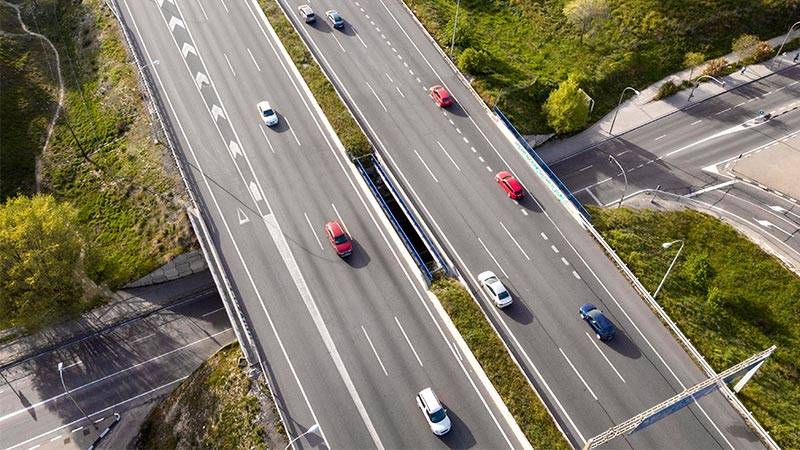In a pioneering move, Detroit has introduced the nation’s first wireless-charging public roadway for electric vehicles (EVs), revolutionizing the EV infrastructure. Installed beneath a section of 14th Street, the technology developed by Electreon, an Israel-based company, enables vehicles with specialized receivers to charge while driving, idling, or parking above embedded copper inductive charging coils.
This quarter-mile segment is part of a broader initiative by the Michigan Department of Transportation to test and refine the technology before public accessibility is granted. The project was showcased at the Michigan Central innovation district, known for advancing mobility technologies. Notably, Ford Motor Co. is also actively involved in the district, focusing on self-driving vehicle development.
“Alongside Michigan’s automotive expertise, we’ll demonstrate how wireless charging unlocks widespread EV adoption, addressing limited range, grid limitations, and battery size and costs,” said Stefan Tongur, Electreon vice president of business development. “This project paves the way for a zero-emission mobility future, where EVs are the norm, not the exception.”
Stefan Tongur, Electreon’s Vice President of Business Development, emphasized Michigan’s automotive prowess and the role this project plays in facilitating widespread EV adoption. By overcoming obstacles like limited vehicle range, grid constraints, and battery limitations, this technology is a leap towards a future dominated by EVs. The underlying principle involves inductive charging coils beneath the road creating a magnetic field that transfers electricity to the vehicle’s battery as it passes over.
The technology ensures safety for all road users, including pedestrians and animals, and remains inactive unless a vehicle equipped with a compatible receiver is present. According to AP News, Michigan’s DOT and Electreon have committed to a five-year plan to expand this electric road system, with ambitions to incorporate it into Michigan Avenue’s reconstruction.
This development aligns with the Biden administration’s goals to boost EV infrastructure, including the creation of half a million EV charging stations. It positions Michigan and Detroit as leaders in EV technology innovation. While revenue models in Michigan are still under consideration, Tongur highlighted the technology’s intelligence in identifying and charging authenticated users.
More inspiring green news similar to this:


